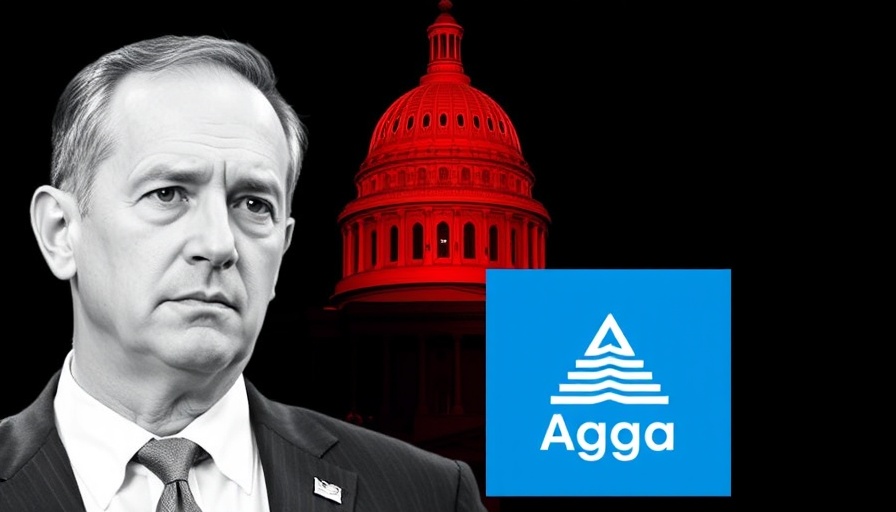
Big Changes at Fannie Mae and Freddie Mac: What You Need to Know
Last week marked a significant shift in the governance of two critical players in the U.S. housing finance system, as Bill Pulte, the newly appointed director of the Federal Housing Finance Agency (FHFA), executed sweeping changes to the boards of Fannie Mae and Freddie Mac. These government-sponsored enterprises (GSEs) play a vital role in making home loans accessible to millions of Americans, and the newly appointed leadership is expected to steer them toward reform and greater efficiency.
New Directions Under Pulte's Leadership
Pulte's first move as the FHFA head involved removing multiple board members from both GSEs while appointing his own selections. Notably, he installed himself as the chair of both boards, with the aim of implementing bold reforms. At Freddie Mac, this shakeup included the removal of six board members, including chair Lance Drummond. Meanwhile, at Fannie Mae, the board saw the exit of eight members, while core leaders such as CEO Priscilla Almodovar will remain to provide some continuity. The new appointments include professionals with a mix of backgrounds, suggesting a more diversified and innovative approach.
Rethinking the Future of Housing Finance
Bill Pulte has voiced a commitment to transforming these entities, asserting their potential to support the American Dream of homeownership. His comments reflect a broader vision to pull Fannie Mae and Freddie Mac out of conservatorship, a move that would facilitate a safer and sounder operational landscape. Following the footsteps of prior administrations, there is a renewed push to possibly privatize these GSEs, although implementing such changes could take years.
Innovation on the Horizon: Embracing Modern Finance
Interestingly, Pulte's approach may include exploring modern financial instruments, such as blockchain technology and even aspects of cryptocurrencies. The goal is to not only modernize the operations of these agencies but also to attract younger, tech-savvy buyers into the housing market. This shift could enhance the efficiency and transparency of housing transactions, potentially reducing costs for consumers along the way.
The Larger Implications for the Housing Market
The implications of Pulte's changes extend beyond the internal governance of Fannie Mae and Freddie Mac. As the housing market grapples with rising prices and accessibility issues, these reforms could reshape lending practices and overall market dynamics. Industry experts emphasize that the operational efficiency achieved through innovation could ultimately enhance affordability, aligning more closely with pressing housing needs.
Conclusion: Keeping an Eye on Future Developments
As these reforms unfold, stakeholders in the housing and finance sectors will be closely monitoring the actions of Pulte and the newly appointed boards. The call for innovation and reform aligns with a larger national conversation about housing accessibility and the future of real estate finance in America.
To stay informed on housing market trends and the continuous evolution of GSEs, subscribe for more insights and updates on this developing story!
 Add Row
Add Row  Add
Add 




 Add Row
Add Row  Add
Add 

Write A Comment